 |
| Oliver Twist |
The Poor Laws of 1834 made the workhouses even
nastier places to be than they already were, the idea being for work to be
worse inside for the paupers than it was outside. They were given punishing
jobs, such as stone breaking, where big rocks were hit with great force to
produce small pieces which were then passed through a sieve and used to build
roads. Oakum picking was another job for paupers. Rope was broken up into
strands, then yarn and eventually fibres of hemp. These were transported back
to ship yards and used to place in planking where it was rotting away. Jobs for
paupers removed their dignity and certain jobs such as, oakum picking, made their
fingers bleed.
Some people committed suicide rather than face the
prospect of going into the workhouse and that wasn’t unusual. I read of a case
where a husband and wife both took cyanide rather than live that sort of life.
A letter from a lead miner aged 69, said he’d rather
die than go into the workhouse. Often people were an accident away from going
in there. For example, if the head of the house suddenly died underground or
got injured, often the whole family would end up interned and divided once
inside.
Workhouses were designed to be unwelcoming and often
looked like prisons. They made inmates
feel insignificant.
A poster from 1837 showed a variety of fears people
had about entering the workhouse, some fears were imagined by people but others
turned out to be true. Fears included:
- · Being hung from the rafters
- · Being chained and beaten
- · Pauper bodies being taken for dissection by surgeons
- · Expected to work
- · Punishments meted out to inmates for particular behaviours
- · Diet reduced
- · Held in dark cells for anything from 4 to 12 hours
In the case of pauper bodies being taken for
dissection by surgeons, that was true if bodies were unclaimed by families and
about working too, as described earlier. Possibly some of the other things
could happen too, though being hung from the rafters and chained and beaten
should not have, but of course, who knows? It might have occurred.
Fears people felt about entering the workhouse:
- · Shame
- · Separation from family
- · Worries about food and clothing
- · Non provision of relief
- · Harsh treatment from officers
- · Intimidation by other paupers
- · Not being able to get out
- · Lack of medical care
- · Lack of independence
- · Refusal of relief
A letter was sent in
1866 from W. B. Brown, Bethnal Green: Where he claims the Master beat a 15 year
old so cruelly she could hardly walk afterwards, but after an inquiry was held
by the Board of Guardians it was said that his accusation bore no substance.
Sometimes inmates were
given charge of the sick ward and weren’t paid for it, so they robbed the other
inmates. That was written by a man called John Compre, who was an inmate at a
workhouse between 1858-61. He asked that his name not be given to the
authorities in case it caused any trouble for him in the future. He obviously
feared punishment for speaking out against conditions at that particular
workhouse.
A silk weaver
questioned if he’d be able to go back out if he entered the workhouse. The only
way he could get relief would be to sell his tools, but of course, if he did
that and was allowed back out, then he’d have no tools to work with. He asked
that the Poor Law Board write to the Board of Guardians to not keep him a
pauper. This man obviously wanted to work, but his circumstances went against
him. He was interned at the workhouse between 1847 and 1850.
The Guardians did look
to make conditions easier sometimes for people.
By 1948, most workhouses
were handed over to the National Health Service where they were turned into
local and regional hospitals. There might even be one in your home town. Even
today, many years after the first Poor Law Workhouse, there is still a stigma
attached to certain hospitals that were once the home of the workhouse itself. Many people tell tales of ancestors interned in one, when they trace their family tree. It’s almost as if we are still living in the shadow of the workhouse today…

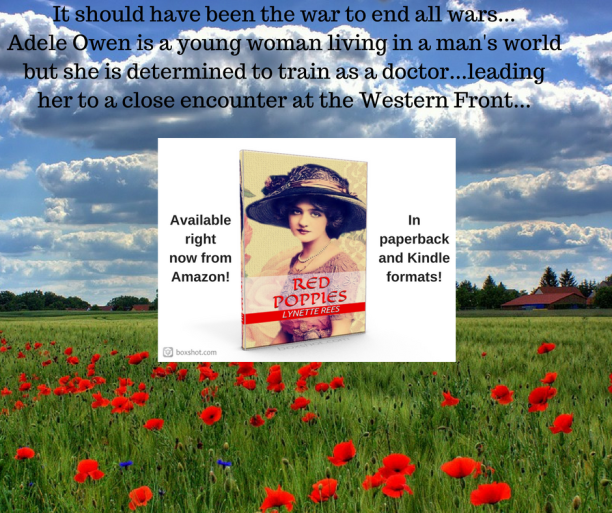
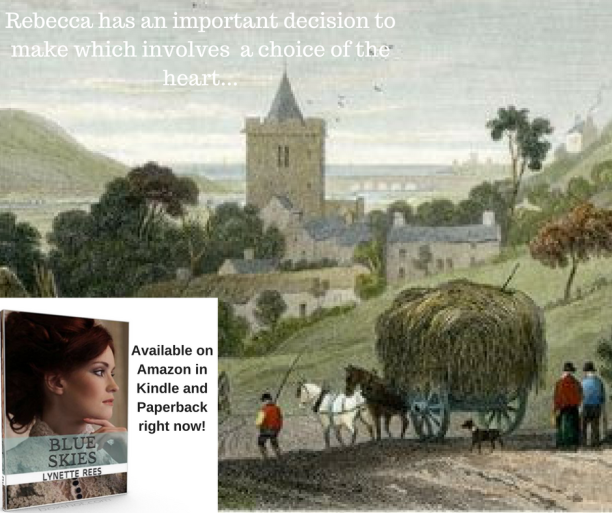

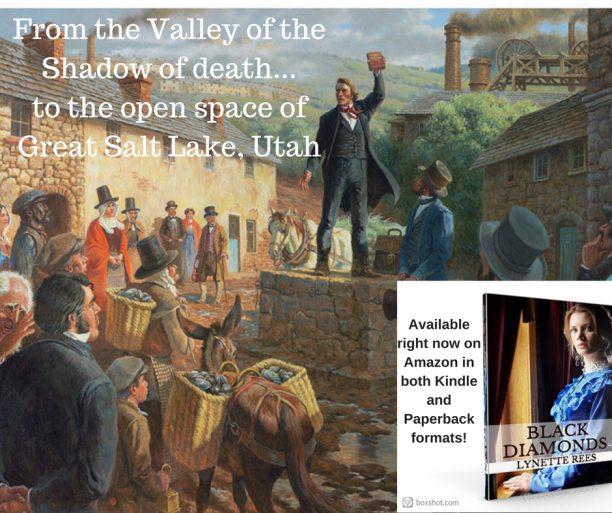
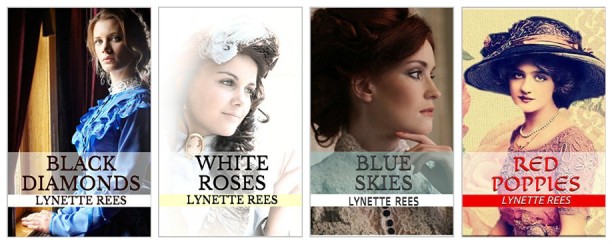





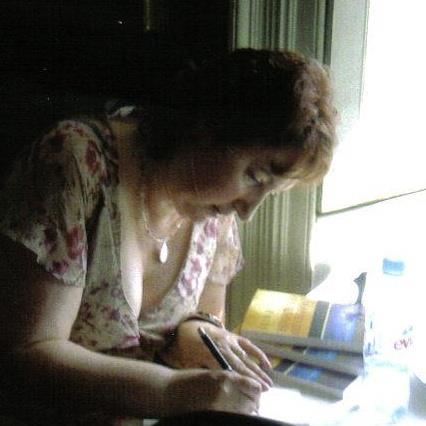

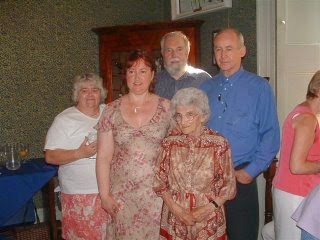



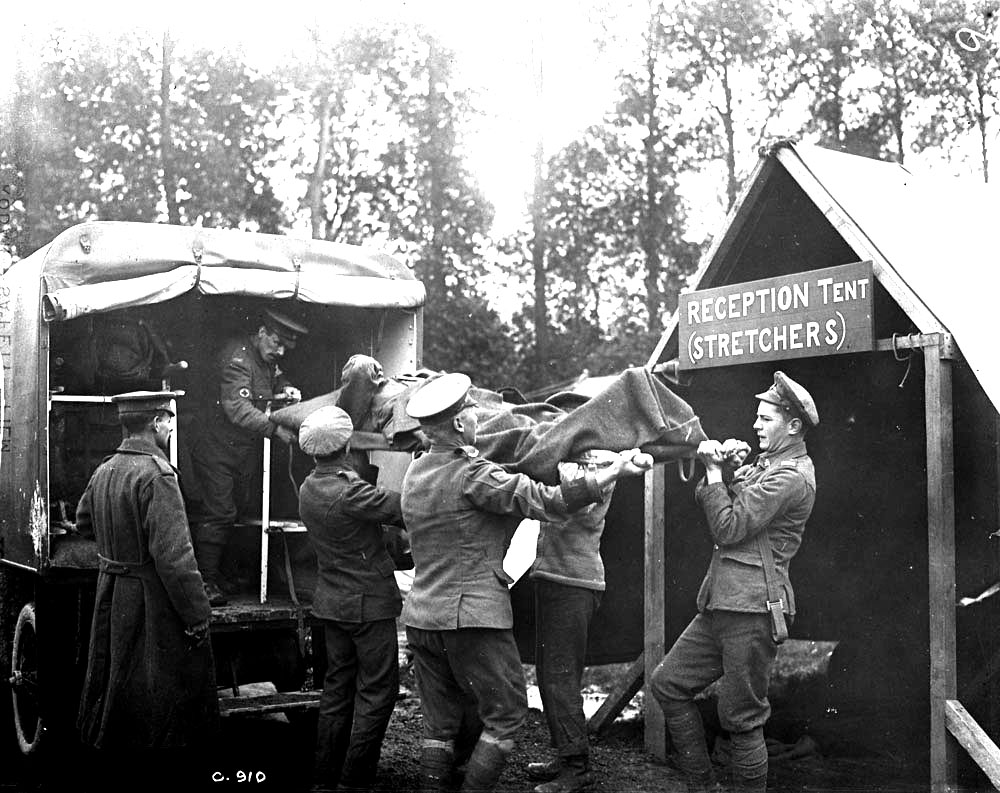
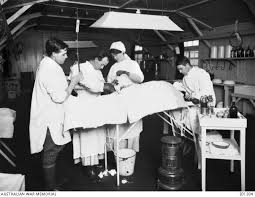 For a moment, she thought she was still dreaming, until she opened her eyes and saw Morag, a young Scottish nurse from Dundee, holding out a tin mug of tea in her hand. Adele sat up and took it gratefully from her, it would be many more hours before she’d have the chance of another.
For a moment, she thought she was still dreaming, until she opened her eyes and saw Morag, a young Scottish nurse from Dundee, holding out a tin mug of tea in her hand. Adele sat up and took it gratefully from her, it would be many more hours before she’d have the chance of another.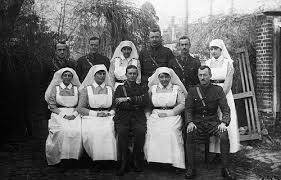 The sounds and smells they endured as they worked at the encampment was like nothing she’d ever witnessed before. Here, there wasn’t much cleaning up of areas, like at the hospital. It was very rough and ready, often a quick sweep and mop of the floor were all they had time for. No time to disinfect operating tables as time was of the essence, a delay could mean the difference between life and death. Often wounds were already infected from mud and manure from the fields, the medical staff were really up against it.
The sounds and smells they endured as they worked at the encampment was like nothing she’d ever witnessed before. Here, there wasn’t much cleaning up of areas, like at the hospital. It was very rough and ready, often a quick sweep and mop of the floor were all they had time for. No time to disinfect operating tables as time was of the essence, a delay could mean the difference between life and death. Often wounds were already infected from mud and manure from the fields, the medical staff were really up against it.